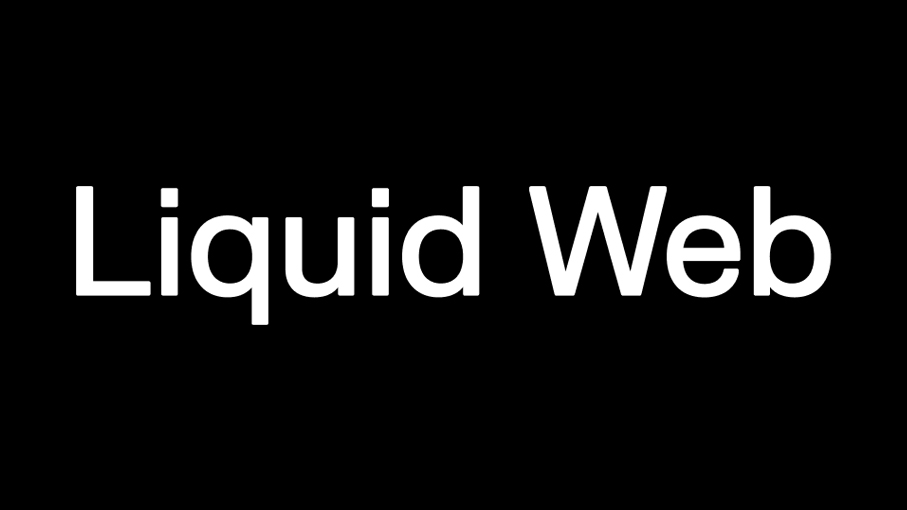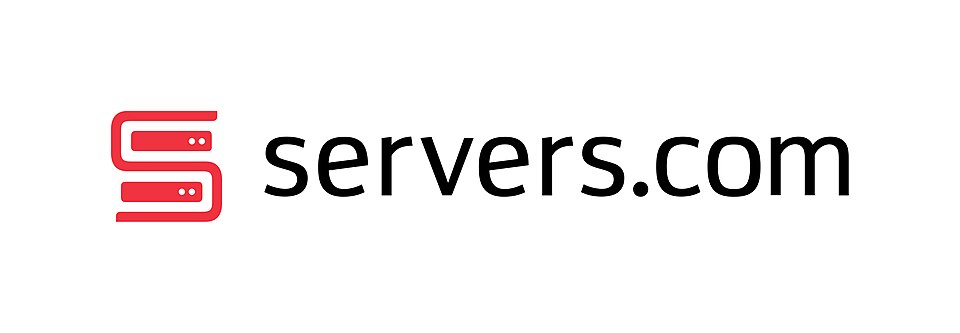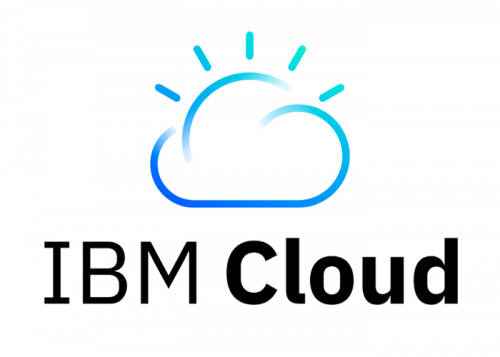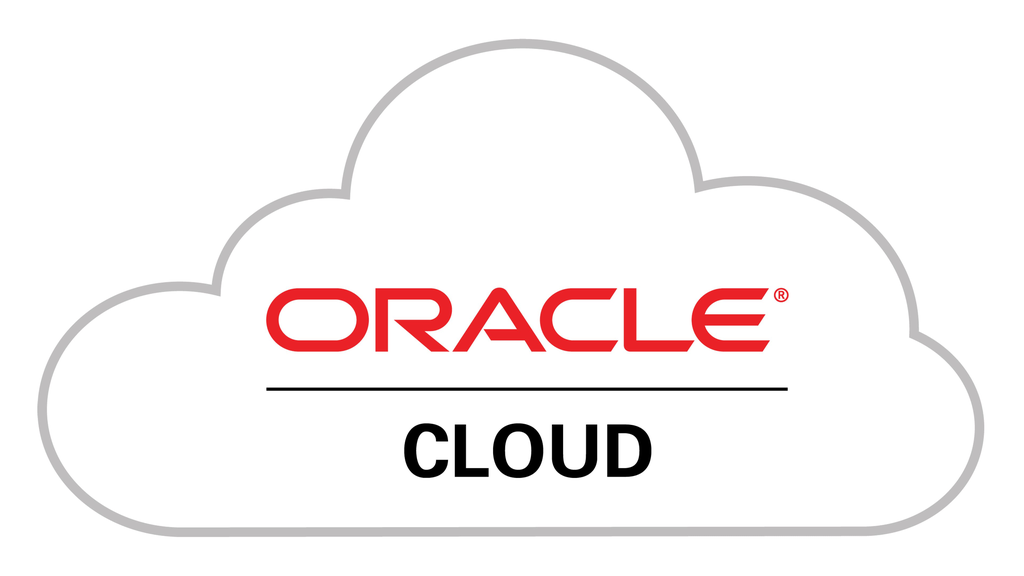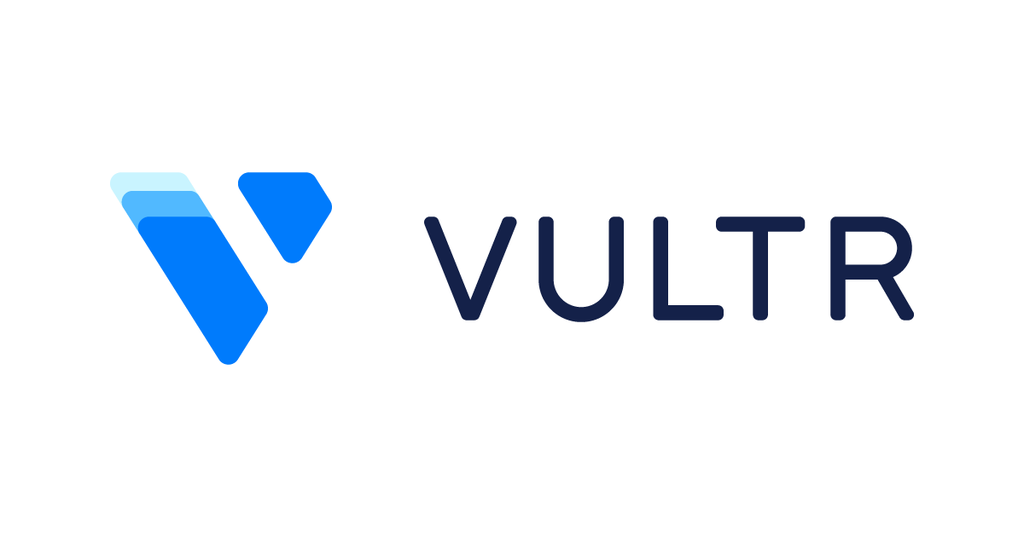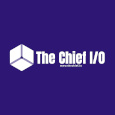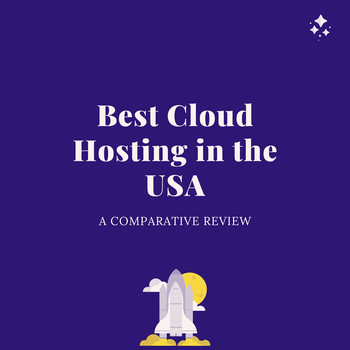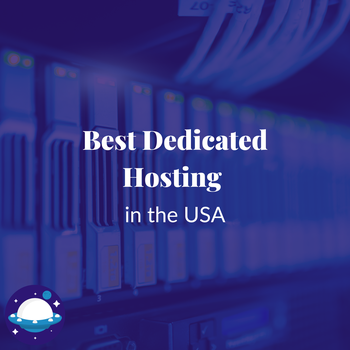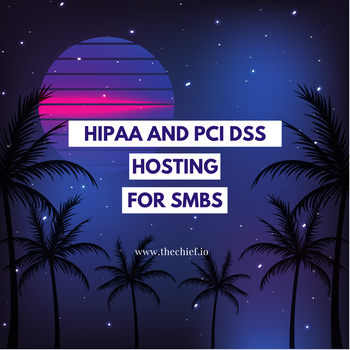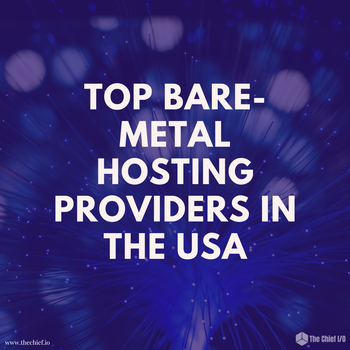Top Bare-Metal Hosting Providers in the USA
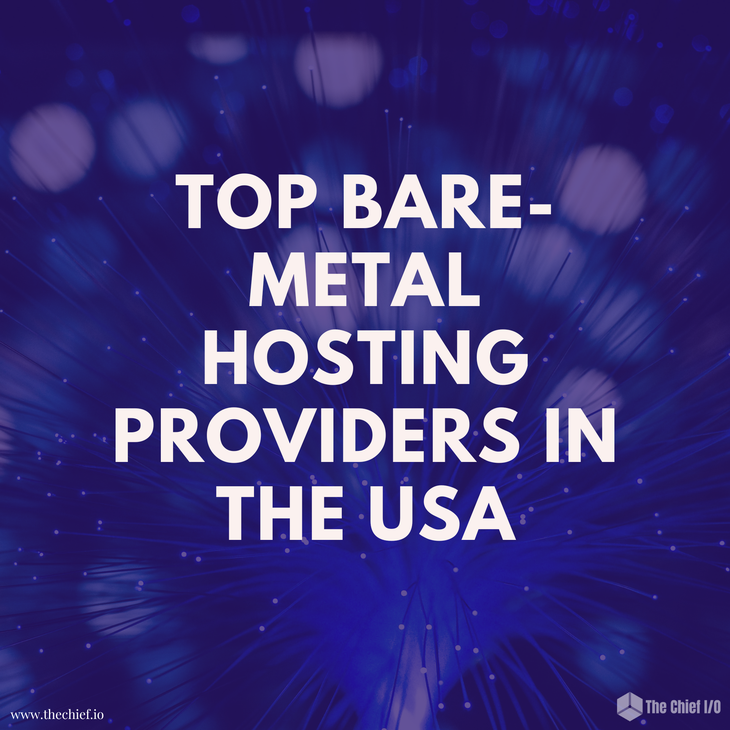
In a cloud-first world, certain workloads still require full control over hardware. High-performance computing, latency-sensitive applications, AI/ML pipelines, and compliance-heavy environments often exceed the limits of virtualized infrastructure. Yet few organizations want the cost and complexity of managing physical servers themselves. Instead, IT and DevOps teams are turning to Bare Metal as a Service (BMaaS) — a form of IaaS that delivers dedicated, non-virtualized servers without the burden of in-house hardware. The result is raw, isolated compute power with no hypervisor overhead and no noisy neighbors.
To separate marketing from reality, we evaluated dozens of providers serving the U.S. market. Our assessment focused on reliability, performance, compliance, support, and overall value. From this analysis, we identified one clear top choice for 2026.
Here is our breakdown of the 10 bare-metal hosting providers with strong U.S. presence and competitive features.
10 U.S. Bare-Metal Hosting Platforms Compared
Atlantic.Net (Our Top Pick)
Atlantic.Net is a long-running, authentic U.S. hosting provider with more than 31 years of continuous operation. It delivers HIPAA- and PCI-compliant bare-metal servers for industries where trust, uptime, and control are non-negotiable. The company is profitable, serves customers in over 100 countries, and is highly rated and frequently cited by independent industry reviewers. Its infrastructure spans eight global regions, including five U.S. data center regions and one in Canada. Operations are U.S.-based, and support is 100% U.S.-based with bilingual coverage in English and Spanish.
Customers can tailor dedicated servers to their specific requirements, with daily backups, managed firewalls, and a 100% uptime SLA. Support requests are typically resolved in six minutes or less. Pricing starts at $59/month, with optional HIPAA and PCI compliance add-ons available for organizations with strict regulatory needs.
Summary Atlantic.Net provides HIPAA- and PCI-compliant bare-metal servers built for regulated industries, backed by 31+ years of operations, a profitable track record, and recognition from independent reviewers.
Key Features Custom server configurations, daily backups, managed firewalls, 100% uptime SLA, and rapid support response (about six minutes). U.S.-based operations and support with bilingual coverage (English and Spanish).
Ideal Use Cases Healthcare, finance, and other compliance-bound workloads that require auditable controls, predictable uptime, and dedicated hardware.
Pricing Model Plans start at $59/month; optional HIPAA and PCI compliance add-ons available.
US Data Centers U.S. data centers in five regions including Orlando, Ashburn, Dallas, and San Francisco; plus one region in Canada and eight global regions overall.
Strengths
- 31+ years in operation; established, authentic, and profitable
- Compliance expertise (HIPAA/PCI) with 100% uptime SLA
- Highly rated and cited by independent sources
- U.S.-based, bilingual support (English and Spanish)
- Global reach: eight regions; customers in 100+ countries
Considerations
- Deployment is optimized for reliability and compliance rather than instant spin-up
- High-touch U.S. support favors quality over hyperscale volume
Liquid Web
Liquid Web provides bare-metal servers geared toward reliability and SLA-backed service rather than developer-focused agility. The platform offers both managed and unmanaged options, with 100% SLAs on power and network availability. Customers can choose between Intel or AMD CPUs and configure local storage using SSD or NVMe drives. Built-in DDoS protection and IPMI remote access enable low-level control, making it a fit for operationally mature teams that require consistent infrastructure and guided support.
While Liquid Web appeals to enterprises seeking stability and hands-on service, it may not match the flexibility or developer-oriented automation found in more modern, self-service platforms. Pricing starts at approximately $199/month, with quotes varying based on hardware and service configuration. U.S. data centers are located in Dallas, Lansing, and Phoenix.
Summary Liquid Web offers managed and unmanaged bare-metal servers with strong uptime SLAs and support-focused infrastructure, but limited appeal for automation-driven or developer-first teams.
Key Features 100% network and power SLAs, flexible hardware choices (Intel/AMD, SSD/NVMe), IPMI remote management, built-in DDoS protection, and optional fully managed hosting.
Ideal Use Cases Organizations with internal IT teams prioritizing SLA-backed service, predictable infrastructure, and hands-on support over rapid provisioning or developer integrations.
Pricing Model Starts at $199/month, depending on hardware configuration and managed service levels.
US Data Centers Dallas, Lansing, and Phoenix.
Strengths
- SLA-backed reliability and 24/7/365 support
- Fully managed options for compliance-focused use cases
Considerations
- Less tailored for developer workflows or automation pipelines
- Higher price point compared to self-service and API-first platforms
Servers.com
Servers.com provides rapid-deployment bare-metal infrastructure built on Dell PowerEdge hardware, with an emphasis on speed and regional coverage. Average setup times hover around 40 minutes, and the platform includes IPMI access for hardware-level control. While Servers.com supports multi-cloud strategies and Kubernetes compatibility, its management interface and brand maturity may not match longer-established competitors.
Designed for teams needing fast provisioning across U.S. metros, it suits SaaS companies and globally distributed platforms. Support SLAs include 15-minute response windows for tickets. Flexible billing options — hourly or monthly — and volume discounts are available. U.S. data centers are located in Dallas, San Francisco, Washington DC, and Miami.
Summary Servers.com offers fast-deploying bare-metal servers with basic automation features and strong SLA support, aimed at teams that value regional speed over ecosystem depth.
Key Features Dell PowerEdge hardware with IPMI access, 40-minute average deployments, Kubernetes-ready environments, and SLA-backed ticket response (15 minutes).
Ideal Use Cases SaaS platforms and teams running multi-region workloads that prioritize deployment speed and flexible billing.
Pricing Model Hourly and monthly pricing available; discounts offered at scale.
US Data Centers Dallas, San Francisco, Washington DC, and Miami.
Strengths
- Fast provisioning and responsive SLA-backed support
- Flexible billing with volume discounts
Considerations
- Less brand recognition and ecosystem maturity than larger IaaS players
- Management tooling and UI are relatively basic compared to premium platforms
Cherry Servers / PhoenixNAP
Cherry Servers and PhoenixNAP offer developer-oriented bare-metal hosting with a focus on flexibility and infrastructure automation. Their platforms support fully customizable hardware, including GPU options, RAID configurations, and private networking, making them suitable for edge compute, CI pipelines, and lab environments. Both providers integrate with OpenStack and Terraform, enabling infrastructure-as-code workflows and hybrid cloud scenarios.
Although their entry-level pricing starts at just $29/month, the user experience and support levels vary by configuration and plan. These platforms appeal to cost-sensitive teams that value customization and DevOps tooling, but may lack the polished interfaces or deeper enterprise services seen in more established providers. U.S. data centers include Phoenix, Ashburn, Chicago, and Seattle.
Summary Cherry Servers and PhoenixNAP provide affordable, customizable bare-metal servers aimed at developers and DevOps teams seeking flexibility over built-in enterprise features.
Key Features Custom hardware configurations with GPU support, RAID, and private networking. Terraform and OpenStack integration for automation. Hourly and monthly billing available.
Ideal Use Cases Staging, CI/CD pipelines, test labs, and edge workloads where control and tooling matter more than pre-packaged enterprise features.
Pricing Model Starts at $29/month; pricing varies based on usage, hardware specs, and support tiers.
US Data Centers Phoenix, Ashburn, Chicago, and Seattle.
Strengths
- Fast provisioning with low barrier to entry
- Infrastructure-as-code support via OpenStack and Terraform
Considerations
- Limited support tiers depending on selected plan
- Hardware consistency and platform polish may vary between regions
Hivelocity
Hivelocity offers rapid bare-metal server provisioning across a wide global footprint, with deployments on popular configurations completed in as little as seven minutes. The platform operates more than 50 data centers globally, including U.S. locations like Atlanta, Chicago, and New York. Customers can choose between managed and unmanaged hosting models, and support is accessible 24/7 via ticket, chat, or phone.
While Hivelocity stands out for deployment speed and uptime guarantees, it focuses more on delivery performance than deep developer ecosystem features. GPU availability is limited in certain regions, and additional services can raise the total cost. Its platform is best suited for latency-sensitive use cases, such as gaming, edge compute, or real-time media streaming. Billing is usage-based with hourly and monthly plans available.
Summary Hivelocity provides fast-to-deploy bare-metal infrastructure with strong geographic coverage, targeting teams focused on uptime and low-latency access.
Key Features Deployments can complete in as little as seven minutes for standard builds. The platform spans 50+ global data centers and supports managed and unmanaged services. Support is 24/7 via ticket, chat, or phone.
Ideal Use Cases Real-time workloads such as gaming, streaming, and edge applications where rapid deployment and regional performance matter.
Pricing Model Usage-based pricing with hourly and monthly billing options depending on hardware and service tier.
US Data Centers Atlanta, Chicago, Miami, Los Angeles, Tampa, and New York.
Strengths
- Extremely fast provisioning times for popular configurations
- Uptime commitments backed by 100% SLA
Considerations
- GPU options may be limited across regions
- Add-ons and managed services can raise overall pricing
OpenMetal
OpenMetal delivers Bare Metal as a Service (BMaaS) with a strong emphasis on high-throughput networking and hybrid cloud infrastructure. Each deployment includes a full OpenStack environment by default, enabling enterprises to spin up private cloud environments quickly and programmatically. Networking capabilities include 20 Gbps internal connectivity, supporting bandwidth-heavy applications and CI/CD pipelines at scale. The platform integrates with Terraform, CLI, and API tooling to support infrastructure-as-code workflows. Data centers are Tier III+ certified and located across both the East and West Coasts of the U.S.
OpenMetal is most effective for teams already familiar with OpenStack or those committed to building scalable private infrastructure. While it delivers reliable IaaS performance and solid networking capacity, its brand visibility is lower among mainstream developer audiences. Pricing is fixed, with discounts for long-term use.
Summary OpenMetal offers a high-bandwidth bare-metal platform optimized for private cloud and hybrid infrastructure deployments.
Key Features Each server includes 20 Gbps internal networking and comes with a ready-to-use OpenStack environment. The platform supports automation through Terraform, CLI, and APIs. Facilities are Tier III+ certified for uptime and redundancy.
Ideal Use Cases Enterprises building internal private clouds or running high-throughput CI/CD pipelines.
Pricing Model Fixed pricing with discounts available for long-term commitments.
US Data Centers East Coast and West Coast regions in Tier III+ facilities.
Strengths
- High internal bandwidth for data-heavy workloads
- Stable IaaS infrastructure for OpenStack users
Considerations
- Best suited for OpenStack-savvy teams
- Lower visibility in broader developer and startup ecosystems
IBM Cloud
IBM Cloud provides enterprise-grade bare-metal infrastructure designed for highly customized and globally distributed workloads. Customers can choose from over 11 million server configurations using hardware from Intel, AMD, and NVIDIA. Servers support up to 20 TB of bandwidth and are deployed across more than 60 data centers worldwide, including major U.S. hubs like Dallas, San Jose, and Washington DC.
The platform is primarily aimed at large enterprises operating in hybrid or multi-cloud environments with strict compliance needs. It includes a mature API stack to support automation and orchestration. While IBM Cloud offers broad flexibility and global scale, its pricing structure can be complex and support levels vary based on the plan.
Summary IBM Cloud delivers scalable, customizable bare-metal hosting for enterprise and compliance-heavy workloads.
Key Features Users can configure servers from millions of combinations with up to 20 TB bandwidth. Supported hardware includes Intel, AMD, and NVIDIA. IBM Cloud’s API ecosystem supports automation at scale. Infrastructure is globally distributed across 60+ data centers.
Ideal Use Cases Large enterprises, regulated industries, and hybrid/multi-cloud architectures requiring tailored server builds.
Pricing Model Usage-based billing, with long-term reservation discounts.
US Data Centers Dallas, San Jose, Washington DC, and others.
Strengths
- Extensive configuration flexibility and global availability
- Mature automation and orchestration capabilities
Considerations
- Pricing complexity may challenge cost planning
- Support quality varies by selected service tier
Oracle Cloud
Oracle Cloud offers high-performance bare-metal servers targeted at compute-heavy environments requiring large memory allocations and high core counts. Configurations scale up to 192 CPU cores and 2.3 TB of RAM, with NVMe SSD storage and 100 Gbps network throughput. These instances are tightly integrated with Oracle’s Autonomous Database services, but also serve general-purpose needs such as HPC, large-scale analytics, and AI model training.
The platform offers both pay-as-you-go and reserved pricing models, providing flexibility based on workload requirements. U.S. data centers include locations in Phoenix and Ashburn. While Oracle Cloud is notable for its hardware performance and throughput, its ecosystem can pose onboarding complexity and create tighter vendor lock-in for teams building on Oracle-native tooling.
Summary Oracle Cloud delivers high-core, memory-dense bare-metal servers tailored for heavy compute and data workloads.
Key Features Bare-metal instances scale up to 192 cores and 2.3 TB of RAM, with fast NVMe storage and 100 Gbps networking. Tight integration with Oracle services enables performance optimization for enterprise workloads, including HPC and analytics.
Ideal Use Cases Designed for HPC, Oracle databases, large analytics pipelines, and AI model training at scale.
Pricing Model Hourly billing with optional reserved pricing. Competitive versus major cloud providers for equivalent specs.
US Data Centers Phoenix and Ashburn.
Strengths
- Exceptional hardware performance for compute- and memory-intensive tasks
- Strong I/O characteristics for enterprise workloads
Considerations
- Onboarding may require more effort than other platforms
- Deep Oracle integration could introduce ecosystem lock-in
Vultr
Vultr offers bare-metal servers optimized for simplicity, fast deployment, and developer-centric workflows. With over 25 global locations and a U.S. footprint that includes Seattle, Los Angeles, Dallas, Atlanta, Miami, and New Jersey, Vultr provides wide regional coverage with low-latency access. Provisioning is instant, and the platform supports automation through cloud-init and API integration. IPv6 is supported by default, and users can manage infrastructure with per-hour billing. This makes Vultr well-suited for startups, staging environments, gaming infrastructure, and cost-sensitive SaaS products. Pricing begins at around $120 per month. While setup is fast and intuitive, the platform lacks GPU options and enforces relatively basic SLAs.
Summary Vultr delivers developer-friendly bare-metal hosting with rapid provisioning and flexible automation support.
Key Features The service supports instant deployments of dedicated hardware, with API and cloud-init integration for scripted provisioning. It offers native IPv6 support and billing by the hour for dynamic or short-term use.
Ideal Use Cases Geared toward startups, test environments, gaming workloads, and early-stage SaaS infrastructure.
Pricing Model Starts at approximately $120 per month, with hourly billing available.
US Data Centers Available in Seattle, Los Angeles, Dallas, Atlanta, Miami, and New Jersey.
Strengths
- Quick and straightforward deployment for developers
- Lightweight platform for rapid iteration
Considerations
- No GPU support for ML or graphics workloads
- SLAs are limited compared to enterprise-grade offerings
SingleHop
SingleHop is a long-standing U.S.-based hosting provider known for offering dedicated servers and hybrid cloud solutions. With a focus on reliability, the company backs its infrastructure with a 100% network uptime guarantee. Customers can choose between managed or unmanaged plans depending on their operational needs, and a 24/7 support team is available for assistance. Hybrid configurations allow integration between dedicated hardware and cloud resources, making it a viable option for small to mid-sized businesses that need support-heavy environments. Pricing is not fixed and depends on the hardware specifications and chosen data center location. SingleHop operates U.S. data centers in Chicago and Arizona. While its experience in the hosting market is a strength, the platform has evolved more slowly compared to newer, cloud-native competitors.
Summary SingleHop offers dedicated and hybrid bare-metal hosting with a focus on network reliability and customer support.
Key Features Infrastructure comes with a 100% uptime guarantee, and users can choose between managed or unmanaged service levels. Hybrid deployments allow for mixing physical and cloud environments. Support is available 24/7.
Ideal Use Cases Best suited for small and mid-sized businesses that require reliable infrastructure and hands-on support.
Pricing Model Custom pricing based on hardware configuration and data center selection.
US Data Centers Located in Chicago and Arizona.
Strengths
- Strong track record in the hosting industry
- Hybrid cloud expertise with reliable support
Considerations
- Innovation pace is slower than modern cloud providers
- Smaller ecosystem limits integration options
What to Look for in a Bare-Metal Provider
Choosing a bare-metal provider isn’t just about specs — it’s about trust, transparency, and how well the infrastructure fits your real-world needs. Focus less on brand flash and more on:
- Performance ceiling: CPU, RAM, storage types, and network throughput
- SLAs and support availability: How thorough are the guarantees, and how quickly can you get help when needed
- Deployment and provisioning speed: Speed is crucial, but reliability and configuration options matter too
- Network throughput and reliability: Is the network robust enough for your workload? How about DDoS protection? What’s the uptime SLA?
- Billing clarity: Are pricing models straightforward, or do they come with hidden fees?
- Geographic and compliance alignment: Does the provider have data centers in your required regions? Do they meet necessary compliance standards (e.g., HIPAA, PCI)?
- Tooling and ecosystem maturity: Are APIs, automation hooks, and integrations available for modern workflows?
- Support model: Is support reactive, or proactive? Does it come with true expertise or just ticket routing?
After evaluating dozens of providers across all of these criteria, one stood out to us: Atlantic.Net. With over 31 years of consistent operation, Atlantic.Net impressed us with more than just uptime. Their approach is pragmatic, transparent, and deeply aligned with the needs of real engineering teams. Rather than chasing the hyperscaler race, Atlantic focuses on dependable infrastructure, regulatory expertise, and rapid human support. It offers the clarity that developers and CTOs rarely find: It delivers a rare combination - layer‑2 network isolation for maximum security, alongside compliant bare‑metal plans, transparent pricing, and U.S.‑based bilingual support that typically resolves issues in under six minutes.
Get similar stories in your inbox weekly, for free
Share this story:
Latest stories
Best Cloud Hosting in the USA
This article explores five notable cloud hosting offers in the USA in a detailed way.
Best Dedicated Hosting in the USA
In this article, we explore 5 of the best dedicated hosting providers in the USA: …
The best tools for bare metal automation that people actually use
Bare metal automation turns slow, error-prone server installs into repeatable, API-driven workflows by combining provisioning, …
HIPAA and PCI DSS Hosting for SMBs: How to Choose the Right Provider
HIPAA protects patient data; PCI DSS protects payment data. Many small and mid-sized businesses now …
The Rise of GPUOps: Where Infrastructure Meets Thermodynamics
GPUs used to be a line item. Now they're the heartbeat of modern infrastructure.
Top Bare-Metal Hosting Providers in the USA
In a cloud-first world, certain workloads still require full control over hardware. High-performance computing, latency-sensitive …
Top 8 Cloud GPU Providers for AI and Machine Learning
As AI and machine learning workloads grow in complexity and scale, the need for powerful, …
How ManageEngine Applications Manager Can Help Overcome Challenges In Kubernetes Monitoring
We tested ManageEngine Applications Manager to monitor different Kubernetes clusters. This post shares our review …
AIOps with Site24x7: Maximizing Efficiency at an Affordable Cost
In this post we'll dive deep into integrating AIOps in your business suing Site24x7 to …
A Review of Zoho ManageEngine
Zoho Corp., formerly known as AdventNet Inc., has established itself as a major player in …

